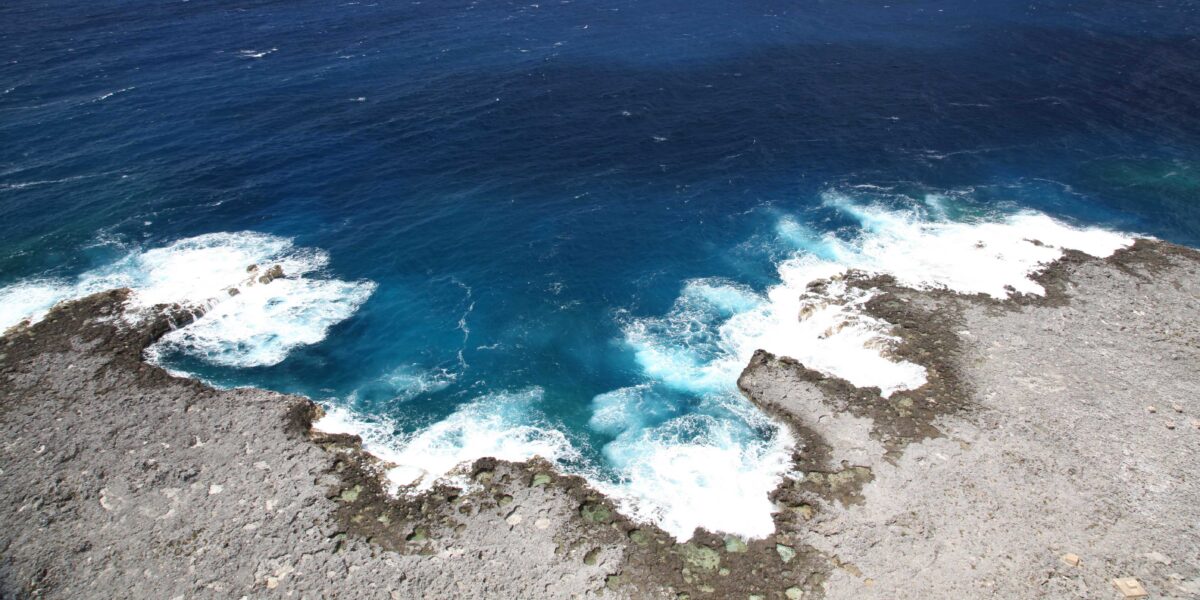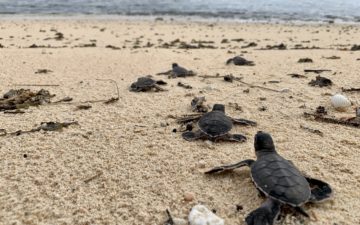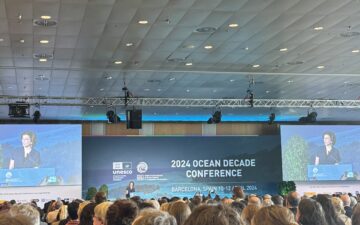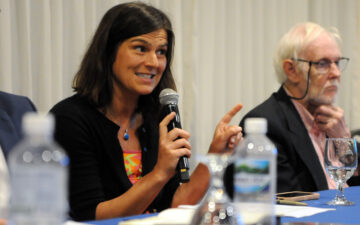On Sunday, July 11, many of us saw the striking images of protests in Cuba. As a Cuban American, I was surprised to see the unrest. For the past six decades Cuba has been a model of stability in Latin America in the face of U.S. economic sanctions, the end of the cold war, and the special period from 1990-1995 when every day Cubans went hungry as Soviet subsidies dried up. This time feels different. COVID-19 has added considerable suffering to the lives of Cubans as it has throughout the world. While Cuba has developed not one, but two vaccines that rival the efficacy of those developed in the U.S., Europe and China, the pandemic is moving faster than vaccines can keep up. As we have seen in the U.S., this disease takes no prisoners.
I hate to see my parents’ homeland under such duress. Born in Colombia to parents that left Cuba as children, I am not your normal Cuban-American. Most Cuban-Americans who were raised in Miami like me have never been to Cuba, and only know the stories of their parents. Having traveled to Cuba over 90 times, I have a finger on the pulse of the island’s people. I feel their pain and long for an ease to their suffering.
I have worked in Cuba since 1999 — over half of my life and all of my career. My line of work is ocean conservation and like Cuban medicine, the Cuban ocean science community pushes beyond its weight. It has been a joy to work with young Cuban scientists who are working as hard as they do to explore their ocean world on shoestring budgets and with considerable ingenuity. They form solutions to the ocean’s threats that we all face, whether we’re socialists or capitalists. My story is a one of collaboration against all odds and a story that has given me hope. If we can cooperate with our southern neighbor to protect our shared ocean, we can accomplish anything.
It is difficult seeing what is going on in Cuba. I see young Cubans who never lived through the golden ages that older Cubans did, when the socialist system gave them what they needed when they needed it. They are expressing themselves like never before and want to be heard. They feel the system isn’t working as it should.
I also see frustration from Cuban Americans like me who aren’t sure what to do. Some want a military intervention in Cuba. I say not now and not ever. Not only has Cuba not asked for it but we must respect the sovereignty of any country as we expect the same for our own country. We as a country have sat back for six decades and not offered a hand to the Cuban people, just imposed embargoes and restrictions.
The sole exception was the short-lived rapprochement between Presidents Barack Obama and Raul Castro that for many Cubans was a short-lived golden epoch of hope and cooperation. Unfortunately, it was quickly rescinded, cutting off hope for a future together. For my own work in Cuba, the brief opening represented a climax of years of work using science to build bridges. Never before was I so excited about the future of Cuban-U.S. relations. I was proud of American ideas and values.
I am even more frustrated when I hear U.S. politicians claim we need to ratchet up restrictions and try to starve Cuba into submission. Why is perpetuating the suffering of 11 million people a solution? If Cubans made it through the special period, they will also make it through this challenging time.
I saw Cuban American rapper Pitbull speak passionately on Instagram, but offer no ideas on what we as a community can do. That is because there is little we can do. The embargo has handcuffed us. It has removed us from having a say in Cuba’s future. And for that we have ourselves to blame. This is not laying the blame on the embargo for the suffering in Cuba. What I mean is that the embargo goes against American ideals and as a result has limited our options as a diaspora trying to help our brothers and sisters across the Florida Straits.
What we need right now is more engagement with Cuba. Not less. Young Cuban-Americans should be leading the charge. Waving Cuban flags, blocking highways and holding S.O.S. Cuba signs is not enough.
Now we must demand that the embargo be rescinded to stop the suffering of the Cuban people. We need to flood the island with our compassion.
The U.S. embargo against Cuba is the ultimate abuse of human rights and the independence of Americans. It tells us we cannot travel or spend our money where we please. We cannot invest in humanitarian aid nor can we exchange knowledge, values and products. It is time to take back our voice and have a say in how we engage with our homeland.
90 miles of ocean is all that separates us from Cuba. But the ocean also connects us. I am proud of what I have accomplished at The Ocean Foundation with my Cuban colleagues to protect shared marine resources. It is by putting cooperation above politics that we can truly help the 11 million Cubans who need us. We as Americans can do better.
– Fernando Bretos | Program Officer, The Ocean Foundation
Media Contact:
Jason Donofrio | The Ocean Foundation | [email protected] | (202) 318-3178







